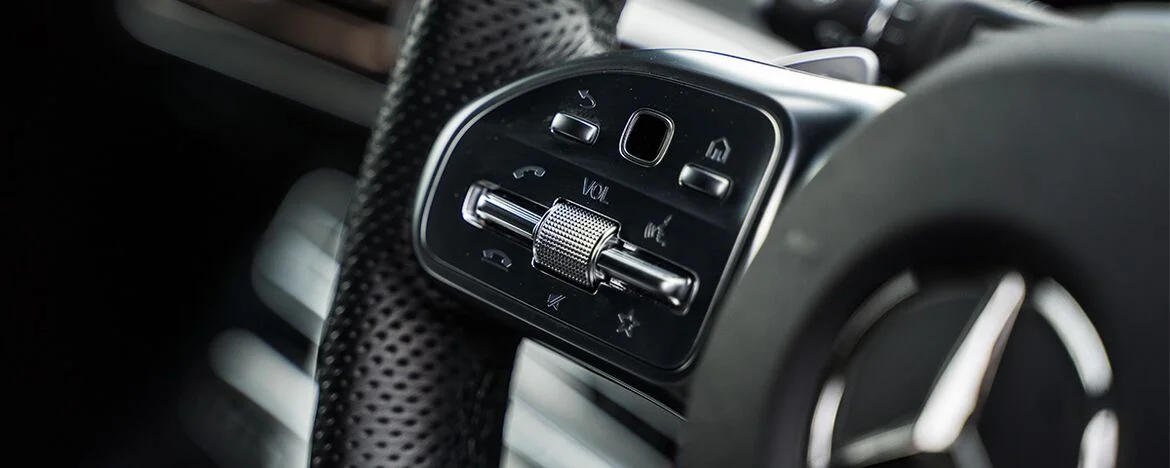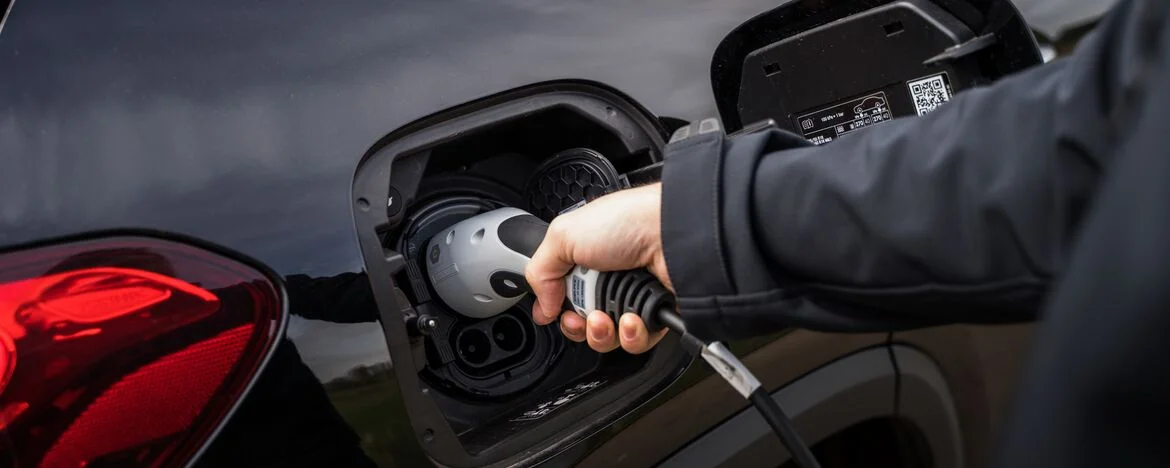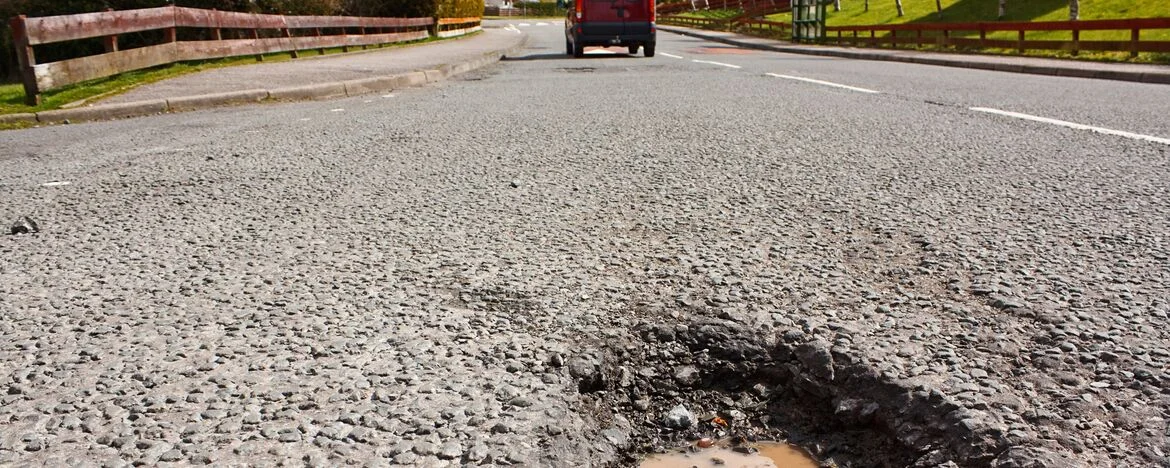The road ahead following the Autumn Statement
Got money on the mind? You’re not the only one.
The highly anticipated Autumn Statement came this week and offers 110 measures and far-reaching implications for our pockets and the state of the UK’s economy.
The overall outlook still points to struggle, but there are, thankfully, some green shoots of hope.
A slow global and UK economy, high levels of debt and global conflicts have informed an Autumn Statement homing in on reducing debts, taxes and rewarding workers. But how will this affect motorists?
First, let’s cross off some frequently asked questions about the Autumn Statement itself. Skip forward if you already have a basic understanding of the Autumn Statement and why it exists.









